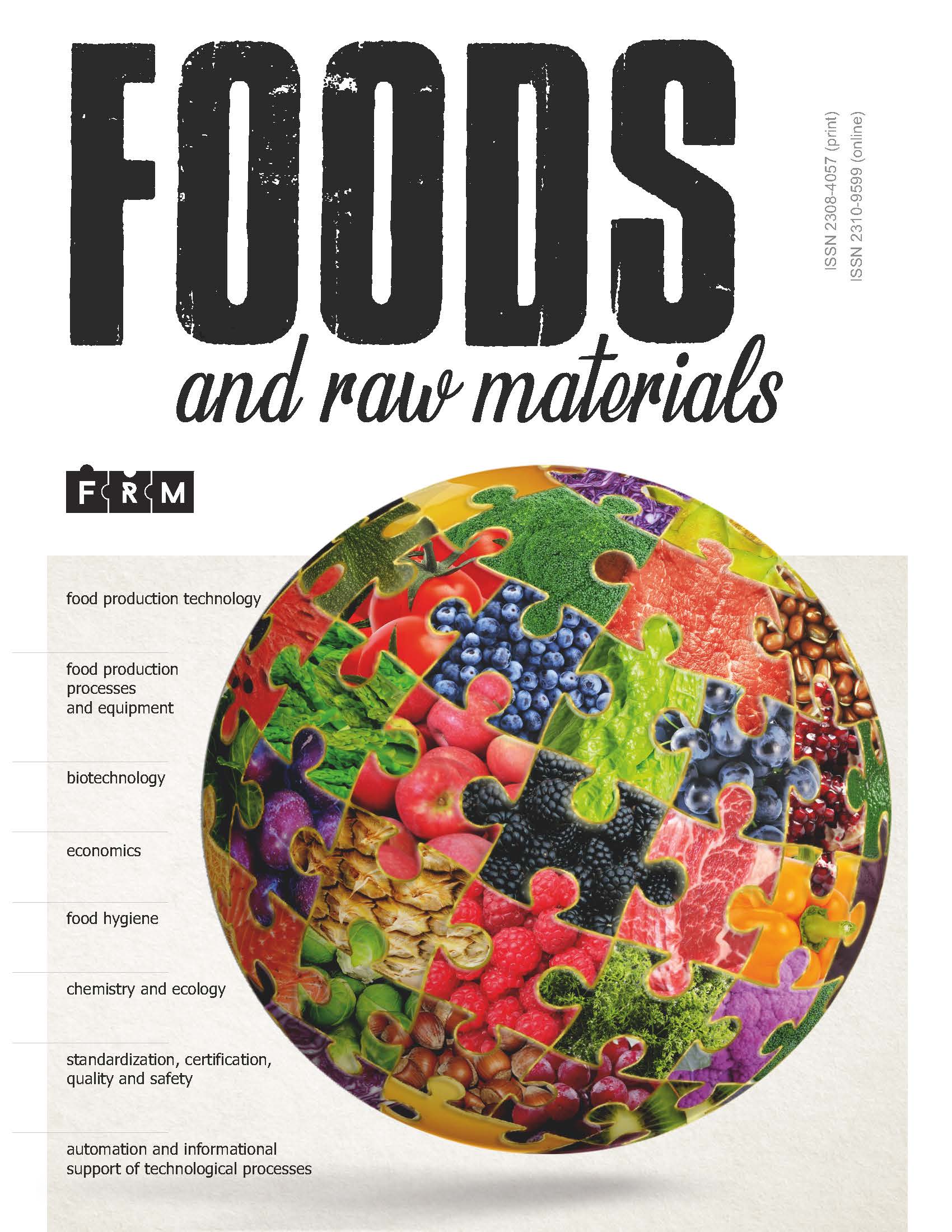Кемерово, Кемеровская область, Россия
Россия
Россия
Россия
In contemporary economic conditions, when enterprises function in the environment of uncertainty, the search of new approaches to strategic management of enterprises becomes the objective of the management level. The formation of the mechanism of enterprise management improvement, which allows adapting management system to the changes of external environment, providing their high performance and competitiveness, is a very topical objective. The article substantiates the advisability of applying the balanced scorecard (BSC) for strategic enterprise management. The paper determines the sequence of using the balanced scorecard to assess the effectiveness of the strategies implementation of agribusiness enterprises. The authors have designed the economic-mathematical model of activity of manufacturing enterprise in the form of a multi-parameter problem of linear optimum management. It allows evaluating the strategy of its development considering the peculiarities of the agribusiness enterprise and the concept of BSC. The specified model has been approved by the example of an operating enterprise. With the help of automated software product numeric experiments have been conducted, describing various scenarios of the development of the agribusiness enterprise on the basis of the multi-parameter analysis of a number of key components of BSC, with the aim to reveal their mutual connection in the optimum regime. The authors draw conclusions about the advisability of accounting revealed parameter correlations and regularities while making a strategic map of BSC. It is stated that the application of BSC may be the basis for methodology of development and administrative decision making both at the present moment, and in the strategy of agribusiness enterprises management taking into account the specificity of their development.
balanced scorecard (BSC), math modeling, strategic management, food resources (food)
1. Kaplan R.S. and Norton D. Organizatsiya, orientirovannaya na strategiyu. Kak v novoy biznes-srede preuspevayut organizatsii, primenyayushchie sbalansirovannuyu sistemu pokazateley [The Strategy-Focused Organization: How Balanced Scorecard Companies Thrive in the New Business Environment]. Moscow: Olymp-Business Publ., 2009. 392 p.
2. Kaplan R.S. and Norton D.P. Strategicheskoe edinstvo: sozdanie sinergii organizatsii s pomoshch'yu sbalansirovannoy sistemy pokazateley [Alignment: Using the Balanced Scorecard to Create Corporate Synergies]. Moscow: Williams Publ., 2006. 384 p.
3. Kaplan R.S. and Norton D.P. Strategy Maps, Converting intangible assets into tangible outcomes. Boston, 2004. 480 p.
4. Fedulova E.A. and Kononova S.A. Evaluation of realization performance of regional investment strategies based on the balanced scorecard. Siberian Financial School, 2014, no. 4, pp. 78-84. (In Russian).
5. Cardinaels E. and van Veen-Dirks P.M.G. Financial versus non-financial information: The impact of information organization and presentation in a balanced scorecard. Accounting, Organizations and Society, 2010, vol. 35, no. 6, pp. 565-578.
6. Buvalzteva V.I. and Kononova S.A. Application of balanced scorecard for strategic management of agricultural enterprise. Science bulletin, 2015, no. 3(5), pp. 9-15. (In Russian).
7. Zdorovets Yu.A. SSP v otsenke biznes-edinits [Balanced scorecard in the evaluation of business-units]. Materialy mezhdunarodnoy nauchno-proizvodstvennoy konferentsii «Aktual'nye voprosy ekonomicheskoy nauki i praktiki» [Materials of international scientific and manufacturing conference «Topical issues of economic science and practice»]. Belgorod, 20-21 November, 2012.
8. Emett S.A. and Tayler W.B. Is your strategy evaluation biased? Strategic Finance, 2013, no. 95(11), pp. 26-34.
9. Kaplan R.S. and Norton D.P. The future of the balanced scorecard. CGMA Magazine (Inaugural issue), 2012, pp. 32-34.
10. Aranda C. and Arellano J. Consensus and link structure in strategic performance measurement systems: A field study. Journal of Management Accounting Research, 2010, no. 22, pp. 271-299.
11. Fedulova E.A. and Oshchepkova N.S. Formation of the system of balanced indices to the assessment of the regional investment strategies implementation. Bulletin of Kemerovo State University, 2014, no. 2(4), pp. 253-261. (In Russian).
12. Gorbunov V.L., Ionov E.A., and Bobrikov D.A. Formation of the balanced scorecard of an enterprise in the system of business planning. Electronic information systems, 2015, no. 4(7), pp. 66-80. (In Russian).
13. Chen Y., Yu Z., and Lin T.W. How ZYSCO uses the balanced scorecard. Strategic Finance, 2015, January, pp. 26-36.
14. Butler J.B., Henderson S.C., and Raiborn C. Sustainability and the balanced scorecard: Integrating green measures into business reporting. Management Accounting Quarterly, 2011, Winter, pp. 1-10.
15. Dvoeglazov A.V. Classification and estimation of planning systems at the processing enterprises of agro-industrial complex. Vestnik of Volga State University of Technology, 2009, no. 1, pp. 49-59. (In Russian).
16. Rakutin V. Estimation of efficiency of strategy of development of the agricultural enterprises of Goretsky area. In: Mickkiewicz A. (ed.) Local sustainable development. EU support instruments. Szczecin: Stowarzyszenie Naukowe-Instytut Gospodarki i Rynku, 2009, no. 4, pp. 363-368. (In Polish).
17. Udalova Z.V. and Poshelyuk L.A. Development of methodology of operating administrative analysis is in agricultural organizations. Audit and financial analysis, 2015, no. 1, pp. 61-68. (In Russian).
18. Gorbunov M.A., Medvedev A.V., Pobedash P.N., and Smolyaninov A.V. An optimization package «karma» and its application in the business planning tasks. Fundamental research, 2015, no. 4, pp. 42-47. (In Russian).










